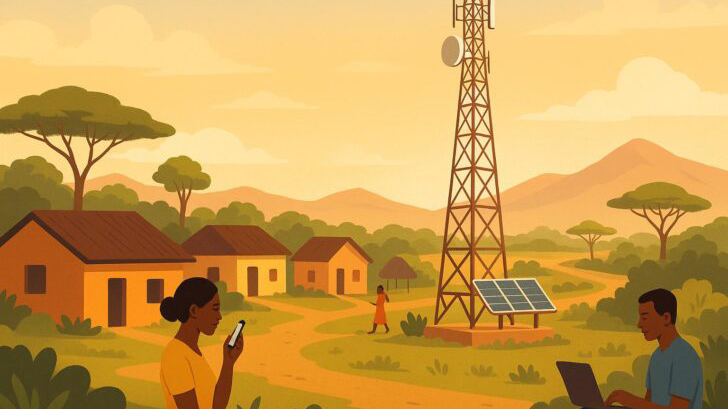
With support and investments, Financial Technology (Fintech) companies in Nigeria can be instrumental to bridging identity management and financial inclusion gaps.
This is according to a report titled: ‘State of Play: Fintech in Nigeria,’ by The Economist Intelligence Unit, sponsored by MTN Nigeria and Mastercard. The report examined key trends in the fintech sector in Nigeria and assessed both industry drivers and impediments to growth in the sector.
The report noted that globally, Fintech is among the fastest growing and more appealing sectors for investors looking for the next wave of disruptive innovation.
Accordingly, it informed that digital “neo-banks” are expanding their market share, especially among younger consumers, while bespoke apps and platforms are taking once-elite financial services, such as stock market investing, into the mainstream.
On this, it disclosed that total investment activity globally combining venture capital, private equity and merger and acquisitions, reached a peak of $120 billion in 2018, up from $51 billion in 2017.
The Senior Vice President/General Manager for West Africa, at Mastercard, Ebehijie Momoh, said Nigerian fintechs are branching out from payments into lending, micro-investment, wealth management, peer-to-peer transfers and insurance
The report said the country had seen a surge of new and simplified apps to help merchants, businesses and consumers. “Mainstream banks, initially slow to react to the digital era, have quickly adapted to offer apps and tools in areas like loans, while non-traditional players – including telecom companies and retailers such as supermarkets – are entering the finance space,” it added.
A major impediment highlighted to the growth of Fintechs in the country, is the unavailability and quality of identifiable data for a large number of the population that remain unbanked and financially excluded.
Despite the influx of digital financial services by many fintechs over the years, and improvement in the numbers of the financially included, over 36 per cent of the population were unbanked by the end of the year 2018.
To remedy this shortage of data, MTN Nigeria’s General Manager, Mobile Financial Services, Usoro A. Usoro, said “ It will take a lot of collaboration across all sectors within the financial system to get credible data, at the moment, there is a lot of data that can be integrated, the banks using the Biometric Verification Number (BVN), mobile operators using the Subscribers Identification Module (SIM) registration, and the government with the National Identity cards.
“In order to meet the financial inclusion target of 95 per cent by 2024, set by the CBN, it is imperative to have an accurate and robust database of the population to onboard them first, into the financial system and then to digital platforms.” Usoro added.






